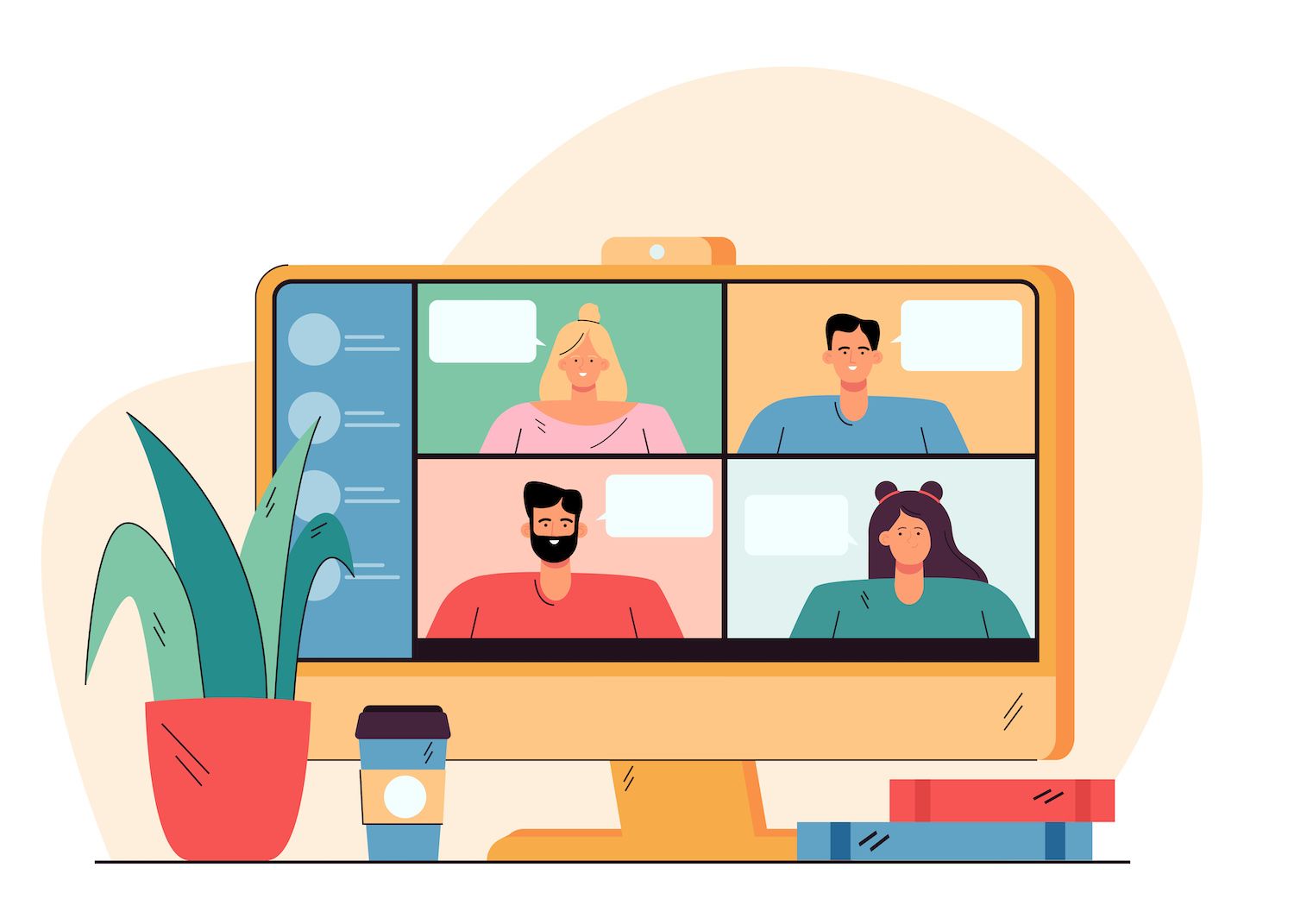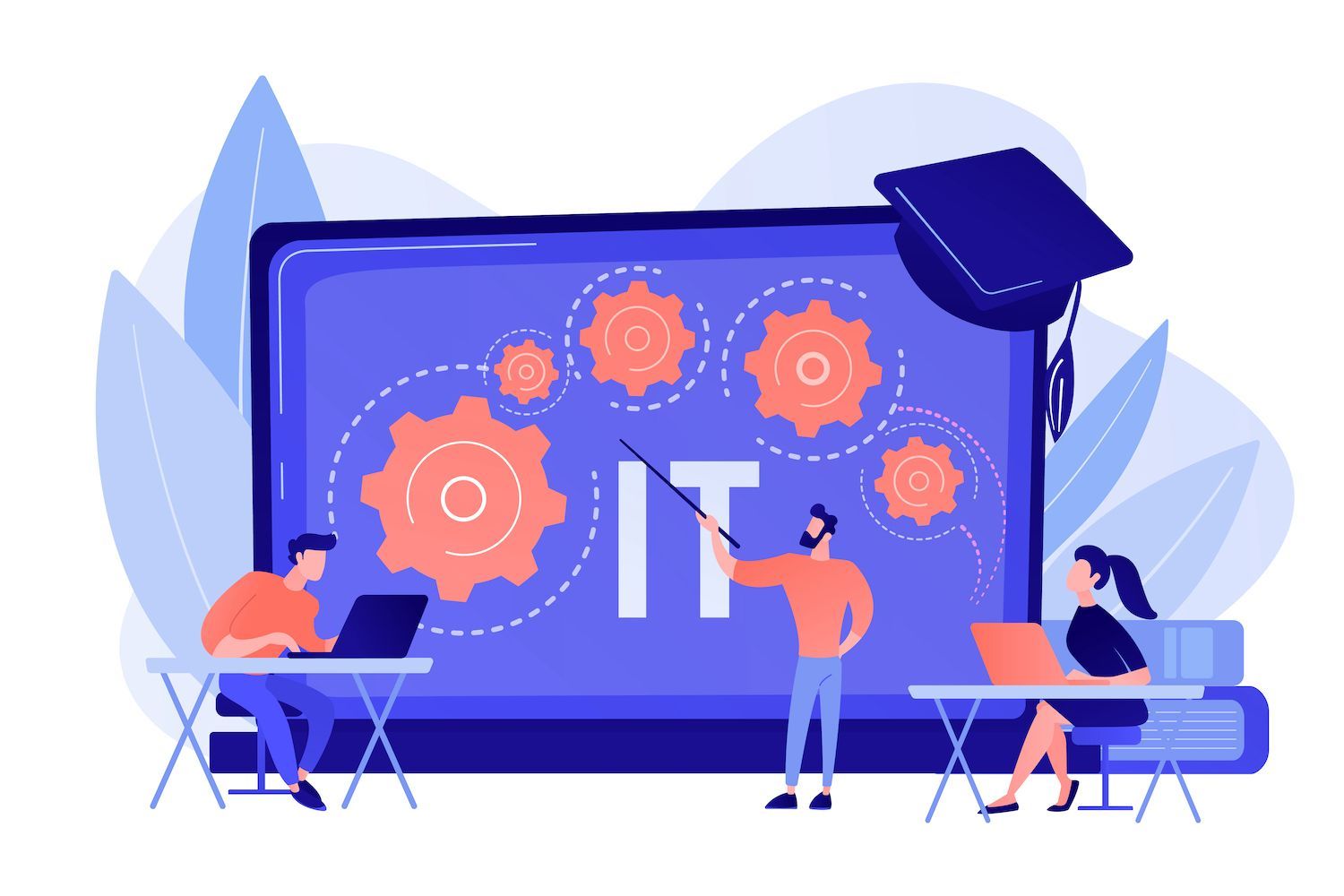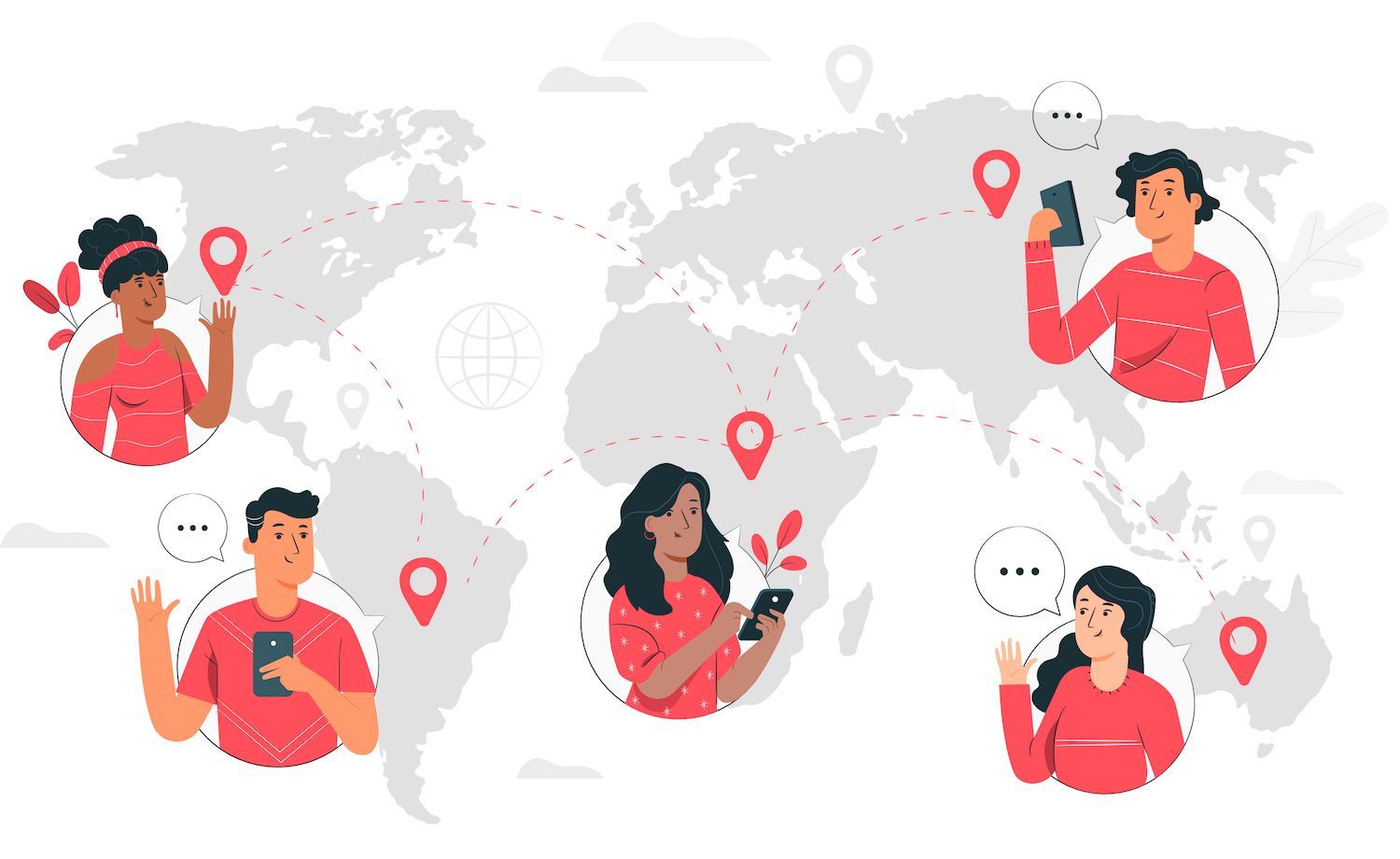The End of Cookies The preparation for the end of Third-Party Cookies

Everyone loves cookies. But do they really? Like oatmeal raisins People either love or hate third-party internet-based cookies. Now, major players like Google attempt to eliminate them all away.

The future of cookies-free is on its edge, and now is the best time to prepare. In this blog, we'll look at how cookies will be used in the near future,, the consequences of this, and also the best way to get the most of it.
Find out more And then, put down cookies- or at the least digital ones.
What is"Cookieless" Future "Cookieless" Future?
What's the importance of this? Although you might have a good knowledge of the term "cookies however, you're not aware just how frequently they're used in addition to the privacy issues that they've caused.
In the wake of privacy and security becoming more and more crucial online, Google, Firefox, and other big internet-based companies are beginning to transition to a completely new set of cookie.

Before we dive into the details, let's take a a brief refresher on the definition of cookies and the ways they could create harm.
What Are Cookies?

The primary function of cookies is to help identify users, the majority of them are used for just this: telling websites who you're. Like you can imagine, it makes cookies beneficial for a variety of apps, from keeping login sessions to serving advertisements through context-based advertising.
As with their chocolate counterparts, they are also available in a variety of varieties of flavors, and some are more palatable over other varieties.
- Cookies from the primary party:Cookies served directly from the page you're currently on. They're typically used for keeping sessions going, so you'll stay logged in the next time you go to. The majority of times first-party data is safe provided that the web site that you're browsing has not been compromised.
- Cookies from third partiesCookies offered by third-party businesses that aren't on the site which you're currently on. They're typically tied to third party sites via ads or some other means. That means even the most well-intentioned web site owner may become a target for third-party cookies if the site's owners are using ads from third party sites with less-than-reputable techniques.
It's easy to recognize the fact that third party cookies are the more controversial among our two types. In the next section we'll discuss why they cause such a lot of concern, and also the reason why they're used so extensively despite it.
The Third-Party Cookie Controversy
Although first-party data can be quite harmless (essentially it's the "chocolate chip" of taste) However, third-party cookie data isn't quite so innocent, and the debate surrounding them is one of the major motives for a cookie-free future.
However, what is the reason they are so well-known?
In addition, cookies from third parties tend to be delivered without consent. So, as you surfthe web, ads you view could be introducing third-party cookies to your computer and allowing third-party advertisers to track your online activities.

At their best Third-party cookies utilize this tracking capability to offer you personalized experiences (mostly specifically targeted ads) across other sites that you visit. It's possible to look at the following image to learn the process by which a user receives an external cookie which affects the way ads are presented to users.
What's the significance? Sure, targeted ads can be a bit creepy However, they're actually not that harmful, are they?
No and yes. Cookies by themselves aren't harmful or risky, regardless of whether they're from a third party or otherwise. Many users do not enjoy being tracked.
What's "Cookieless" What exactly does "Cookieless" means?
"Cookieless "cookieless" signifies that you're not accepting or taking cookies from third site owners.
It is good to know that there are an array of choices that allow users to take advantage of all advantages of cookies but without the cookies. Though many websites and browsers remain in transition however, all of these changes are leading to a common aim: a cookie-free future.
What can we do to ensure of Cookieless Future?
There are numerous benefits of the future of cookies being devoid especially in the field of security.
But, the benefits may seem to be less difficult for website owners and marketers in particular in light of the majority of marketers using third-party information and cookies. This is why many doubt the need for the future of cookies-free is so important at all.

Plus, a cookieless future might not be 100% without cookies at the end. As third-party cookie usage is an issue some sites might remain able to use first-party cookies (ones that they use for personal use) with no worries.
However, even with the privacy and security benefits, a cookieless future can be a huge hassle. However, as we'll learn in the next part, there are plenty of additional reasons to make cookies a priority and some could even result in costs savings.
Why are Cookies being phased out?

Although that's likely enough, there are many other factors which make a cookie-free future the ideal choice. We'll dive into these crucial factors.
Privacy
As previously mentioned, third-party cookies come with privacy problems. The most significant issue is tracking users' behaviour in the absence of being aware of. Advertisers as well as third-party companies (malicious also) have been effective for a long time in storing cookies on browsers used by users.
Even though laws such as the General Data Protection Regulation (GDPR) are now requiring users to agree to cookies, a lot of users do not follow the prompts (such as those below) in the name of habit or a desire.

Do you want to know what we did to increase our volume by more than 1000 percent?
Join over 20,000 others to get our weekly newsletter that offers insider WordPress tips!
Security
If you think that taking your privacy away wasn't enough, cookies can create security issues too. It's like having unwelcome guests!
Below are some security risks that cookies may bring to the table.
- Cross-Site scripting (XSS):Breached websites frequently serve as platforms to serve as hosts for XSS attacks. In the event that hackers are involved they transmit malware in the form in the form of JavaScript or HTML codes to websites, which can be used to solicit cookies as well as other information from unsuspecting users. Cookies can be a source of sensitive information, like the login details, they're an excellent reward for numerous hacking attempts.
Security risks don't only affect users -- they also affect the sites they connect to. Many webmasters are looking forward to a cookie-free future for the security benefits!
Ad Fraud (or Affiliate Fraud)
Cookies are also used to create fraudulent transactions and website activity. Although it may not seem like a big deal, it's allowed scammers to make millions of dollars in fraudulent sales.

Not at all. However, most legitimate affiliate programs as well as their affiliates do not have problems with this system, however, some fraudsters have made use of the system. This usually occurs in the form of cookie stuffing and is the process whereby unsavory third parties put harmful cookies on an infected website. When unsuspecting users visit this website, they get the cookies that secretly communicate to the affiliate site and generate fraud-based sales.
In the end, both advertisers and affiliate programs too want to adopt a cookie-free (and more secure) future.
Cost Savings
It's likely the privacy of consumers, security as well as fraud pose difficult to track and control. However, the truth can be found in the nitty gritty.
Although cookies can provide many benefits to advertisers, marketers, and owners of websites however, they also pose massive cost to those concerned about security. Although the specifics of our future cookies-free world are not yet determined, the elimination of cookies may reduce some of the dangers and expenses that come with them.
The possible consequences of a future without cookies
A future that isn't based on cookies can bring many advantages for privacy and security however, it's not an alternative for all.

There are many cybercriminals that use cookies to gain advantage. In fact, numerous website administrators, marketers as well as businesses, are facing the problem of converting to a non-cookie environment. If you're currently using cookies to track reasons or to create an experience for users, you may be required to look for alternative tracking indicators or strategies.
This is how the future of cookies could affect several of the biggest key players on the web.
To the Users
To users, the cookies-free future could be advantageous. Since a majority of websites and browsers removing cookies, visitors can navigate in peace knowing that their session and cookies aren't used to carry out unlawful or illegal activities.
In turn, websites won't be able to make use of cookies to keep track of user behavior or build invasive user profiles. If you look at all the details and the future without cookies looks quite promising for the majority of people using the internet.
For Owners of Sites
For owners of websites, the new cookie-free future is very appealing, but it also poses the challenge.

Although site owners don't need to worry as much about security issues related to cookies, they'll still need to alter the ways they communicate with users to provide a smooth user experience.
For Marketing Professionals
Since advertisers usually employ third-party cookies for relevant advertising, digital marketing will see many of the greatest advantages of a future without cookies.

It's not necessarily a bad idea, but if anything this is a benefit. What is the best way to do this without a cookie-free world which eliminates lots of data used for marketing?
How to Prepare for a Cookieless future
Just in case you're not ready, the cookie-free future is in the creating.

While some of the most popular platforms like Google Chrome continue to delay the depreciation of third party cookies, we're already moving towards a changing. This is the perfect time for webmasters marketing their sites, companies as well as owners of websites to think about a cookie-free future.
Follow these tips to adapt to be successful.
Keep an eye out for any emerging security risks to privacy
Even though first-party information isn't the latest major security threat, businesses should remain informed of current developments in security and privacy. In the last 20 years, as proved that even the most exciting technologies can be eliminated in the event that they're deemed to be a threat.
Utilize alternative identifiers
Cookies provide a powerful method to track and identify users. But how can companies as well as marketers carry on doing this in the event of a non-cookie future?

You can use different indicators and tracking signals. These are just a few which successful businesses make use of.
- Universal IDs that are universal. In the midst of moving away from cookies, lots of tech platforms are moving to universal IDs. Even though Google Chrome doesn't plan to take them on, other platforms use them to provide a method to identify users, without risk of security. They're generally provided by security services which provide security and interoperable ways to track users across the web.
- Cohorts. Similar to contextual targeting the use of cohortsthat is, grouping users with similar interestsremains an easy yet effective method of tracking. Additionally, instead of worrying about individual identity the platforms make use of information on activity to offer uniform, targeted experiences to groups of users who have common traits, interests or hobbies.
- On-device solutions. Device data has an opportunity to enhance groups. For this reason, rather than marketing to consumers based on their the data from devices, they can provide only the information as a third party has to determine if their user falls to a specific category. In this way, they maintain their anonymity and marketers are able to provide certain experiences that are built on information from the users.
Make a More Secure Privacy Policy
The future of cookie-free computing could teach us anything then it's the fact that nothing is more crucial than privacy of the user.

Summary
With the prospects of cookies already in the air and the future of cookies being discussed, there's no better time to be a marketer or site owner to switch over.
Reduce time, money and increase site performance through:
- Assistance is immediately available from WordPress hosting specialists, 24 hours a day.
- Cloudflare Enterprise integration.
- Aiming at a worldwide audience through 34 data centers worldwide.
- Optimization by using the built-in Application for Performance Monitoring.
Article was first seen on here
